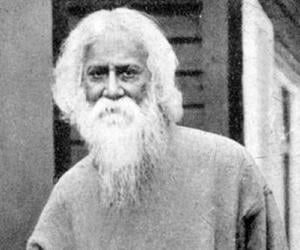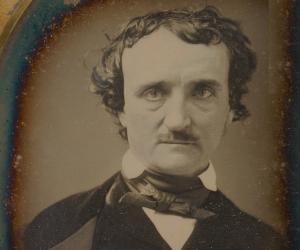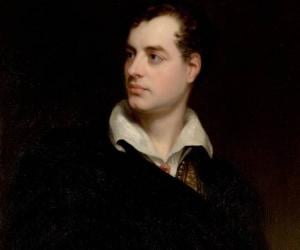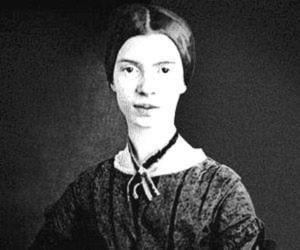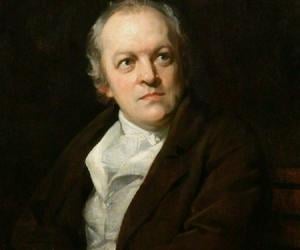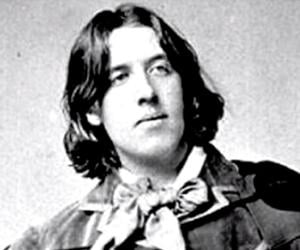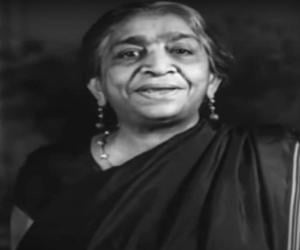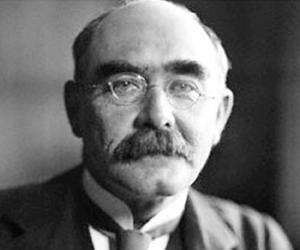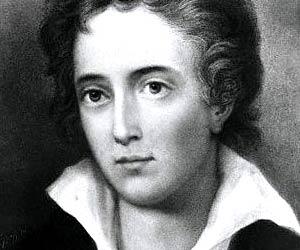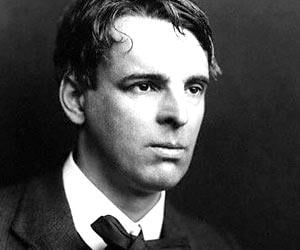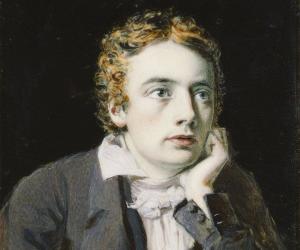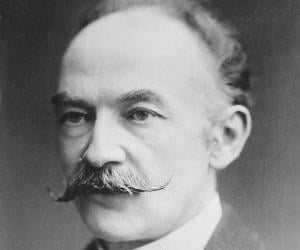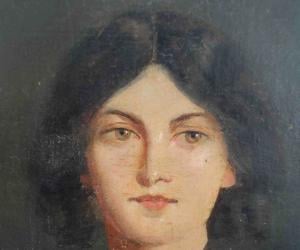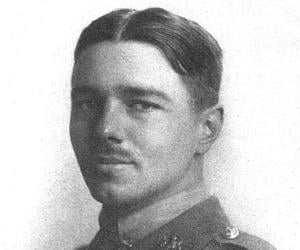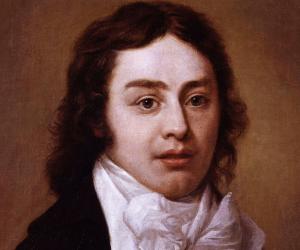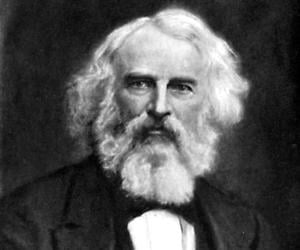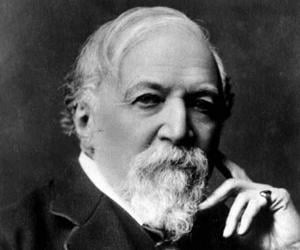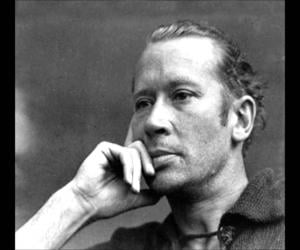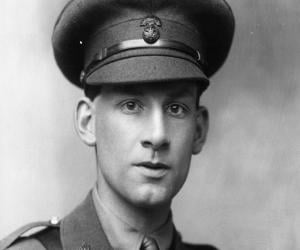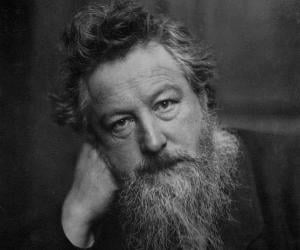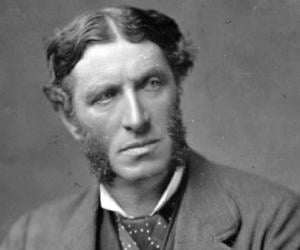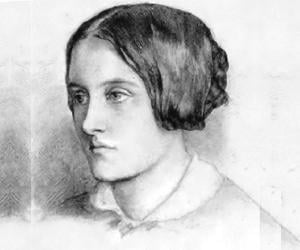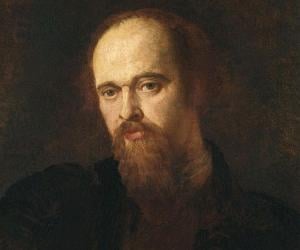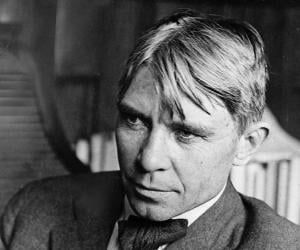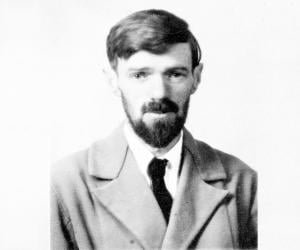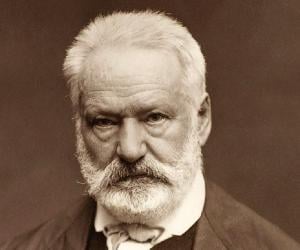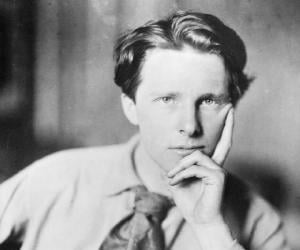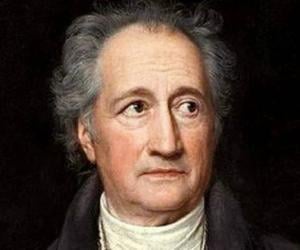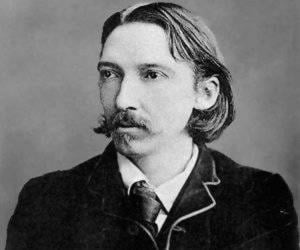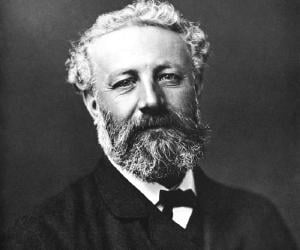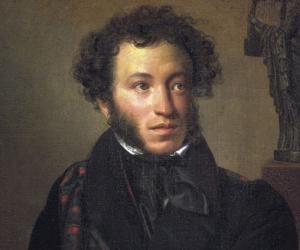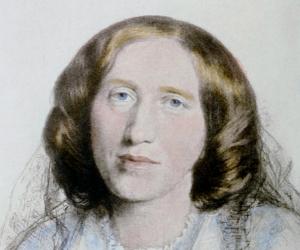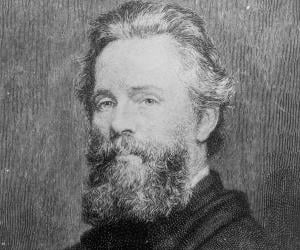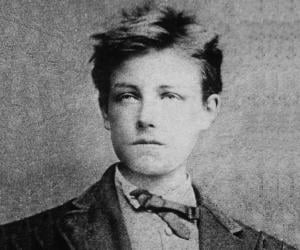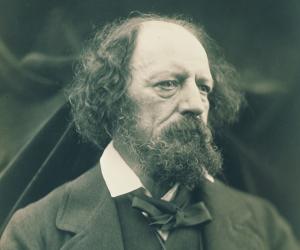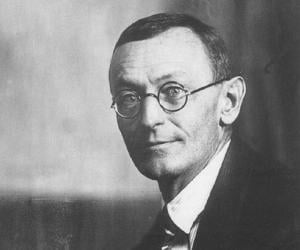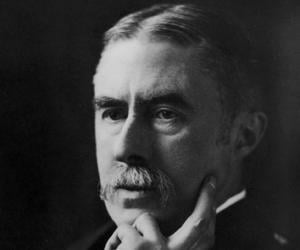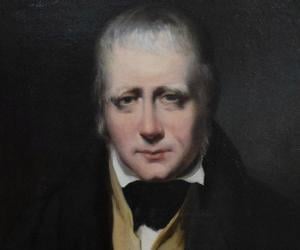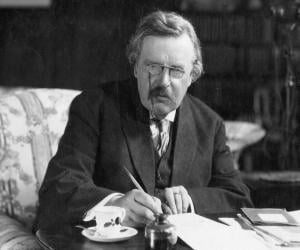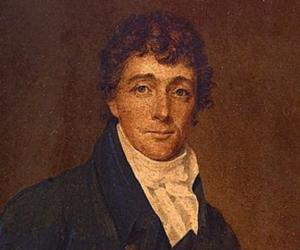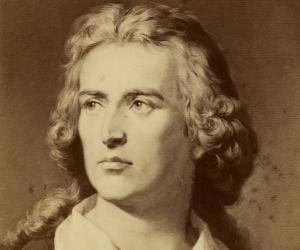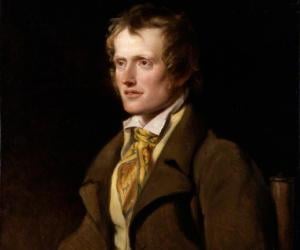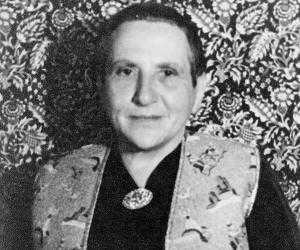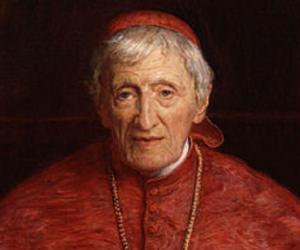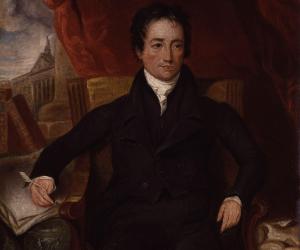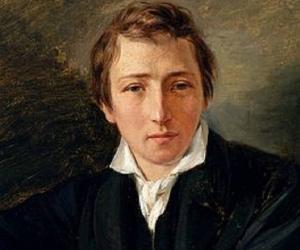Rabindranath Tagore was an Indian polymath who contributed greatly to the fields of literature, art, and philosophy. Referred to as the Bard of Bengal, Tagore is credited with reshaping Bengali literature and music. The first non-European to receive the Nobel Prize in Literature, Tagore is also credited with composing the national anthems of India and Bangladesh.
American writer Edgar Allan Poe is regarded as the architect of modern short story, the inventor of the detective-fiction genre and a major contributor towards science fiction genre. The influential writer is recognised for his tales of mystery and macabre. His notable works include The Raven (poem), The Tell-Tale Heart and The Fall of the House of Usher (short stories).
Widely considered one of the greatest British poets of all time, Lord Byron remains influential as his works are widely read even today. He was also one of the most important personalities of the Romantic Movement. He is also known for his role in the Greek War of Independence, for which the Greeks consider him a national hero.
Robert Frost was an American poet. An influential poet, Frost was honored with four Pulitzer Prizes for Poetry, the only poet to receive four such awards. One of America's public literary figures, Robert Frost received the Congressional Gold Medal in 1960. His works influenced other poets like Robert Francis, James Wright, Edward Thomas, Richard Wilbur, and Seamus Heaney.
Widely regarded as one of the most popular writers of all time, Oscar Wilde is best remembered for his plays and epigrams. He was also one of the best-known personalities during his time as he was popular for his conversational skills, flamboyant dressing sense, and biting wit. Imprisoned in 1895 for consensual homosexual acts, Oscar Wilde was pardoned posthumously in 2017.
Walt Whitman was an American poet, journalist, and essayist. Also a humanist, Whitman played a crucial role in the shift between transcendentalism and realism. Often referred to as the father of free verse, Whitman is one of the most influential American poets of all time. Several decades after his death, Walt Whitman's poetry remains influential.
Sarojini Naidu was an Indian poet and political activist. An important figure in the Indian Independence Movement, she was a proponent of anti-imperialistic ideas, women's rights, and civil rights. Her illustrious career as a poet earned her the nickname Nightingale of India. After India became independent, she became the first woman to hold the office of Governor in the Dominion of India.
English journalist, short-story writer, poet, and novelist Rudyard Kipling is best remembered for his fiction work The Jungle Book. He was born in India and many of his works are inspired by his life in the country. He was one of the most popular English writers in the late 19th and early 20th century.
Wilfred Owen was an English soldier and poet. One of the most important poets during World War I, Owen wrote about the horrors of gas warfare. His life and career inspired a docudrama titled Wilfred Owen: A Remembrance Tale where he was portrayed by Samuel Barnett. In 1989, the Wilfred Owen Association was established to commemorate his life and poetry.
Samuel Coleridge was an English poet, philosopher, theologian, and literary critic. He is credited with co-founding the Romantic Movement in England along with his friend William Wordsworth. Despite struggling from bouts of depression and anxiety throughout his adult life, Samuel Coleridge had a major influence on American transcendentalism and writers like Ralph Waldo Emerson.
Robert Browning was an English playwright and poet best remembered for his dramatic monologues. His monologues are widely studied around the world as most teachers consider them ideal examples of the monologue form. One of the most important Victorian poets, Browning has inspired several poets and playwrights.
Siegfried Sassoon was an English writer, poet, and soldier. One of the most popular poets during the First World War, Sassoon's works satirized the patriotic pretensions of those accountable for the war as well as described the horrors of the war. Siegfried Sassoon's works and ideology greatly influenced another leading poet of the First World War, Wilfred Owen.
William Morris was a British poet, novelist, textile designer, translator, and socialist activist. He played a major role in reviving the traditional British textile arts and the various methods of production. As a novelist and poet, Morris helped establish the fantasy genre, which is prevalent today. He is counted among the most important cultural figures of the Victorian era.
Iconic Victorian poet and literary critic Matthew Arnold is best remembered for his classic essay Culture and Anarchy, which was a social critique of the Victorian era. He also penned poems such as Dover Beach and Sohrab and Rustum. He had also been a school inspector for over 3 decades.
Known for founding the Pre-Raphaelite Brotherhood, Dante Gabriel Rossetti was a legendary poet and painter of the 19th century. His illustrations also adorned the books of his poet sister Christina Rossetti. Known for volumes such as The House of Life, he also influenced the Aesthetic movement.
Carl Sandburg had begun working since age 11 and been employed in various odd jobs, such as a truck driver, a harvester, and a brickyard hand, before being part of the Illinois Infantry. The two-time Pulitzer-winning poet and biographer late also won a Grammy for his recording of Lincoln Portrait.
English writer, D. H. Lawrence, was known for exploring sensitive issues, such as sexuality, emotional health, and instinct. In his works, he often reflected upon the dehumanizing effects of modernity and industrialization. The sexual nature of his writings earned him many enemies. Even though he died at the relatively young age of 44, he left behind a rich literary legacy.
Victor Hugo was a French poet, dramatist, and novelist of the Romantic movement. Regarded as one of the best-known and greatest French writers of all time, Victor Hugo wrote abundantly during his career that spanned over six decades. Thanks to his works, such as Hernani and Cromwell, Victor Hugo was one of the leading figures of the Romantic literary movement.
Regarded as the greatest literary figure in Germany's modern era, Johann Wolfgang von Goethe was a statesman and writer. Apart from writing poetry and prose, he also wrote treatises on color, anatomy, and botany. Thanks to his literary genius, Goethe was made part of the Duke's privy council in Weimar and he implemented several reforms at the University of Jena.
Robert Louis Stevenson was a Scottish travel writer, poet, and novelist. A popular writer in his lifetime, Stevenson went about traveling widely and writing prolifically even as he suffered from bronchial trouble; his will power and love for writing won the hearts of many other writers. In 2018, he was ranked as the world's 26th-most-translated author.
Mary Ann Evans, known by her pseudonym George Eliot, was an English poet, novelist, translator, and journalist. One of the most prominent writers of the Victorian era, Eliot's works are known for their psychological insight, realism, and detailed description of the countryside. Her novel Middlemarch was voted one of the greatest literary works in a 2007 poll conducted by Time.
Herman Melville was an American short story writer, novelist, and poet. One of his best-known works, Moby-Dick is widely regarded as one of the great American novels, although it did not garner much attention during his lifetime. Livyatan melvillei, a species of an extinct sperm whale, which was discovered in 2010, was named in his honor.
French poet Arthur Rimbaud is remembered for his influence on Dadaism, surrealism, and symbolism. Known for works such as Le Soleil Etait Encore Chaud and Voyelles, he later got involved in a relationship with poet Paul Verlaine. He also traveled as a merchant and explorer, before dying of cancer.
Alfred, Lord Tennyson was a British poet. One of the most famous British poets of all time, Tennyson served as the Poet Laureate during Queen Victoria's reign. His poetry, which is renowned for its powerful visual imagery, served as an important influence on the Pre-Raphaelite Brotherhood, a group of English poets and painters.
German-born Swiss poet, novelist, and painter Hermann Hesse received the Nobel Prize in Literature in 1946. He explored individuals’ search for authenticity, self-knowledge, and spirituality in his works. An intense and headstrong person from childhood, he developed an early interest in reading. He started writing as a young man and became an influential author in the German-speaking world.
Walter Scott was a Scottish novelist, poet, historian, and playwright. Scott's ability as a writer and his knowledge of history made him a pioneering figure in the formation of the historical novel genre. An influential writer, many of his works remain classics of Scottish as well as English-language literature. Scott was admired by other prominent writers like Letitia Elizabeth Landon.
Gilbert K. Chesterton was an English writer, philosopher, and art critic. A prolific writer, he composed around 80 books, hundreds of poems, around 200 short stories, and 4,000 essays. Often referred to as the "prince of paradox", he had as many detractors as he had admirers. He is considered a successor to Victorian authors like Matthew Arnold and John Ruskin.
Friedrich Schiller was a German poet, physician, philosopher, playwright, and historian. Schiller is best remembered for his friendship with Johann Wolfgang von Goethe and the two discussed issues concerning aesthetics. Schiller's discussions with Goethe paved the way for a period, which came to be known as Weimar Classicism. Friedrich Schiller is also widely regarded as Germany's most prominent classical playwright.
Gertrude Stein was an American playwright, novelist, poet, and art collector. She is remembered for publishing works about lesbian sexuality, which was considered a taboo at that time. Over the years, Gertrude Stein has been the subject of several works of art. In the 2011 movie Midnight in Paris, Stein was portrayed by Kathy Bates.
An important figure in the English religious history, John Henry Newman was a nineteenth century theologian, scholar and poet. Famed for leading the Oxford movement in the Church of England, he later switched to the Roman Catholic Church, eventually becoming the Cardinal Deacon of St. George in Velabro. Also an influential educator and writer, he was canonized in October 2019.
Renowned British essayist Charles Lamb was a major figure of the Romantic period. He is best remembered for his Essays of Elia and his book of abridged versions of Shakespeare’s plays, Tales from Shakespeare, which he co-wrote with his sister, Mary. He had also once spent time in a mental facility.
Heinrich Heine was a German poet, literary critic, and writer. He is known internationally for his lyric poetry, which was popularized by composers like Franz Schubert and Robert Schumann who adapted Heine's lyric poetry into art songs. Heinrich Heine's radical political views forced the German authorities to ban his works, which only added to his popularity.
